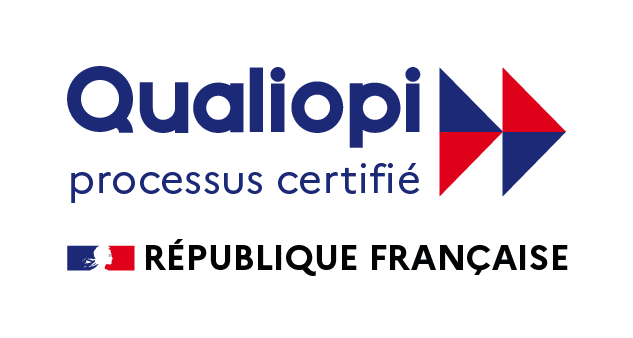Neither completely serious, nor completely games, serious games touch on all areas to facilitate learning or training. Their latest idea ? Putting themselves at the service of well-being to alleviate stress or optimize performance. An update from Deborah Varoqui, PhD and Scientific Project Manager at Open Mind Innovation.
Serious games, full of ideas
Are serious games new? Not really, because while IT has turned the concept on its head, military simulations in the 18th century were already considered serious games. ” Today, it’s about adding video games to a serious technique “, sums up Deborah Varoqui, ” but the term encompasses a number of things. It’s a therapeutic tool that can offer improvement, re-education, learning or training. Even game consoles like the Wii are used to work on balance ! ”
The real difference between video games and serious games ? The initial objective. A serious game is developed to fulfil a serious function, whereas a video game aims to entertain. Real games, then, but with a pedagogical, educational or therapeutic purpose : you think you’re playing, you’re working.
The health and well-being benefits of serious games
” From a medical point of view, we use serious games for motor or neurological rehabilitation “, explains Déborah. ” In concrete terms, we can bend our arm at the physiotherapist’s until we reeducate the muscle, and/or use a video game that will make us do the same movement at home. Unlike a session at the physiotherapist’s, the game will not be perceived as a physical, difficult or tiring activity “. Serious gaming and conventional therapy generally complement each other, with professional follow-up reinforced by game training.
As for well-being ? ” The use of serious games to act on more cognitive activities, such as stress, is fairly recent “, confirms Déborah. Proof of this is the myriad of little games on cell phones, designed to assess attention span, improve memory or knowledge, work on cardiac coherence, relaxation, meditation… ” There is even neurofeedback disguised as games for children with attention deficit disorders “, adds Déborah. ” Serious games can be aimed at virtually any audience, provided they are designed for the specific needs or pathology of the audience in question “.
Wellness and serious games: why ?
” Video games on a laptop or CD can be used to practice at home, when there is not necessarily a therapist nearby “, explains Déborah. ” The repetition of the game acts on the brain and its functioning, but can also influence behavior, psychology, relationships with others, self-perception… ”
In short, anything that can disrupt or weigh down daily life, since well-being is a capital that needs to be nurtured. ” Taking care of yourself requires effort, whether in terms of nutrition, physical activity, taking a step back or time management “, stresses Déborah. It can be a complex and restrictive process at a time when time is in short supply. ” As serious games are above all fun, they can be integrated into everyday life without being perceived as an extra workload. On the contrary, taking care of oneself becomes relaxing, easy and rewarding, as the player becomes the actor of his or her own well-being .
Serious Games and virtual reality: Open Mind’s wellness cocktail
At Open Mind, well-being benefits from an innovative cocktail of scientific research, virtual reality and serious games… among other things. ” People come to feel better about their day-to-day lives, to perform better ,” Déborah explains. ” They undergo a full virtual reality assessment, then a psychologist guides them towards the right training, including the most suitable serious games for them “.
Why virtual reality ? “It enables us to train people in ” secure ” conditions,” explains Déborah, ” without actually placing them in complicated everyday situations. As for them, it enables them to see directly the effect of stress on their body, and then the action of their training on this state. ” Cardiac coherence, a breathing technique used to regulate stress and anxiety, can be reinterpreted in the form of a game, supplemented by physiological measurements : your breathing is displayed directly on a screen, and it’s up to you to regulate it to achieve cardiac coherence.
At Open Mind, these serious games could soon find their way into an application grouping together the techniques taught at the center, so that they can be accessed at any time outside the center. ” This is also the interest of serious games, and one of our essential objectives “, concludes Déborah Varoqui. ” To learn a certain number of techniques in a fun, interactive way, a toolbox that can then be applied to everyday life. The idea is not to make people dependent on an exercise, but on the contrary to show them that they have within them all the resources they need to move forward. ”
